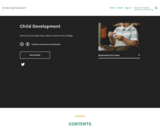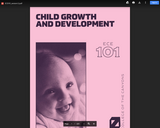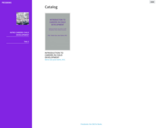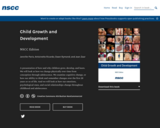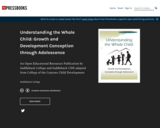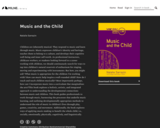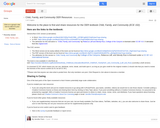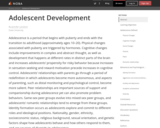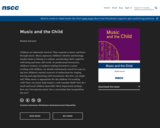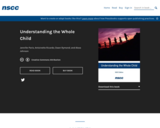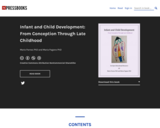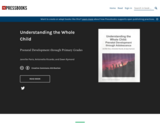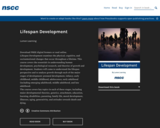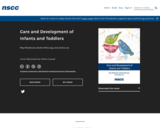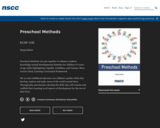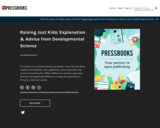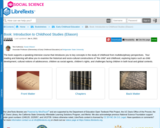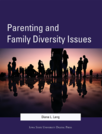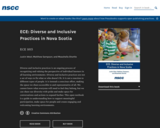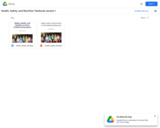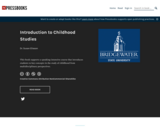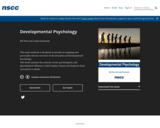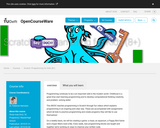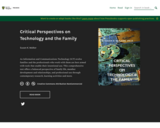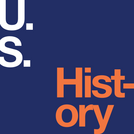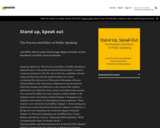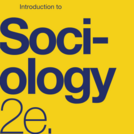The Practice and Ethics of Public Speaking
Short Description:
Stand up, Speak out: The Practice and Ethics of Public Speaking is adapted from a work produced and distributed under a Creative Commons license (CC BY-NC-SA) in 2011 by a publisher who has requested that they and the original author not receive attribution.The University of Wisconsin Milwaukee Libraries edition builds on the University of Minnesota version with the following changes and additions to the content:The original publication was edited for both content and clarity.Some content was removed or added, but most chapters remain similar to the original version. Exceptions include:Chapter 3: Engaging your Audience and Chapter 12: Developing Strong Arguments. These chapters were written by Josh Miller. Chapter 7: Researching your Speech was written by Kristin Woodward. Chapter 12, Delivery: A Recipe for Great Speaking was written by Megan Orcholski. Chapter 16: Persuasive Speaking was modified from: Tucker, Barbara and Barton, Kristin, "Exploring Public Speaking" (2016). Communication Open Textbooks. Book 1. http://oer.galileo.usg.edu/communication-textbooks/1This adapted edition is produced by the University of Minnesota Libraries Publishing through the eLearning Support Initiative.[Note from University of Minnesota Libraries Publishing Adaptation] This adaptation has reformatted the original text, and replaced some images and figures to make the resulting whole more shareable. This adaptation has not significantly altered or updated the original 2011 text. This work is made available under the terms of a Creative Commons Attribution-NonCommercial-ShareAlike license.Stand up, Speak out: The Practice and Ethics of Public Speaking features two key themes. First it focuses on helping students become more seasoned and polished public speakers, and second is its emphasis on ethics in communication. It is this practical approach and integrated ethical coverage that sets Stand up, Speak out: The Practice and Ethics of Public Speaking apart from the other texts in this market.
Long Description:
In a world that is bombarded by information, the skills set of public speaking is more important today than ever. According to an address given by Tony Karrer at the TechKnowledge 2009, the New York Times has more information in one week than individuals in the 1800s would encounter in a lifetime. Currently, the amount of information available to people doubles every 18 months and is expected to double weekly by 2015. In a world filled with so much information, knowing how to effectively organize and present one’s ideas through oral communication is paramount.
From audience analysis to giving a presentation, Stand up, Speak out: The Practice and Ethics of Public Speaking will guide students through the speech making process. The authors focus on the process of speech making because they have created this book to be a user-friendly guide to creating, researching, and presenting public speeches. While both classic and current academic research in public speaking guide this book, the authors believe that a new textbook in public speaking should first, and foremost, be a practical book that helps students prepare and deliver a variety of different types of speeches — and that is the primary goal of this book.
With practicality in mind, the authors developed, Stand up, Speak out: The Practice and Ethics of Public Speaking, as a streamlined public speaking textbook. Many public speaking textbooks today contain over twenty different chapters, which is often impossible to cover in a ten-week quarter or a sixteen-week semester; this textbook is eighteen unique chapters. The fifteen chapters are divided into four clear units of information: introduction to public speaking, speech preparation, speech creation, and speech presentation.
In addition to practicality, this text has a focus on the ethics of public speaking from both a source’s and a receiver’s point of view. In 2006 Pearson, Child, Mattern, and Kahl examined the state of ethics in public speaking textbooks. Specifically, the researchers used the NCA Credo on Ethical Communication to guide their study of ethics in public speaking textbooks. Ultimately, the researchers focused on eight specific categories of public speaking ethics content areas: freedom of speech, honesty, plagiarism, ethical listening, ethical research, hate words, diversity, and codes of ethics. As a whole, the top ten public speaking books varied in their degrees of exposure to the various ethical issues. The authors believe that using the NCA Credo on Ethical Communication as the basis for discussing ethics within this book in addition to the latest research in ethics and communication will help students see how ethics can be applied to the public speaking context. All three of the coauthors on this text have conducted research on the topic of communication ethics and written about how ethics is important in every facet of students’ communicative lives.
Stand up, Speak out: The Practice and Ethics of Public Speaking, is intended for the one-semester Public Speaking course. Check it out for yourself and see if its combination of practicality and ethics, and public speaking topics and skills that will suit the needs of your course and students.
Word Count: 119175
ISBN: 978-0-9961502-3-1
(Note: This resource's metadata has been created automatically by reformatting and/or combining the information that the author initially provided as part of a bulk import process.)
